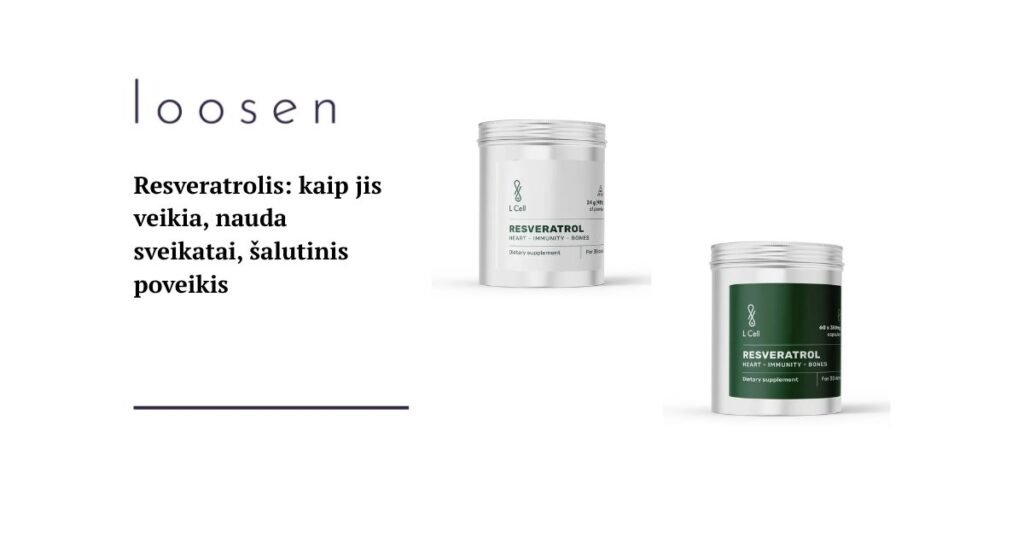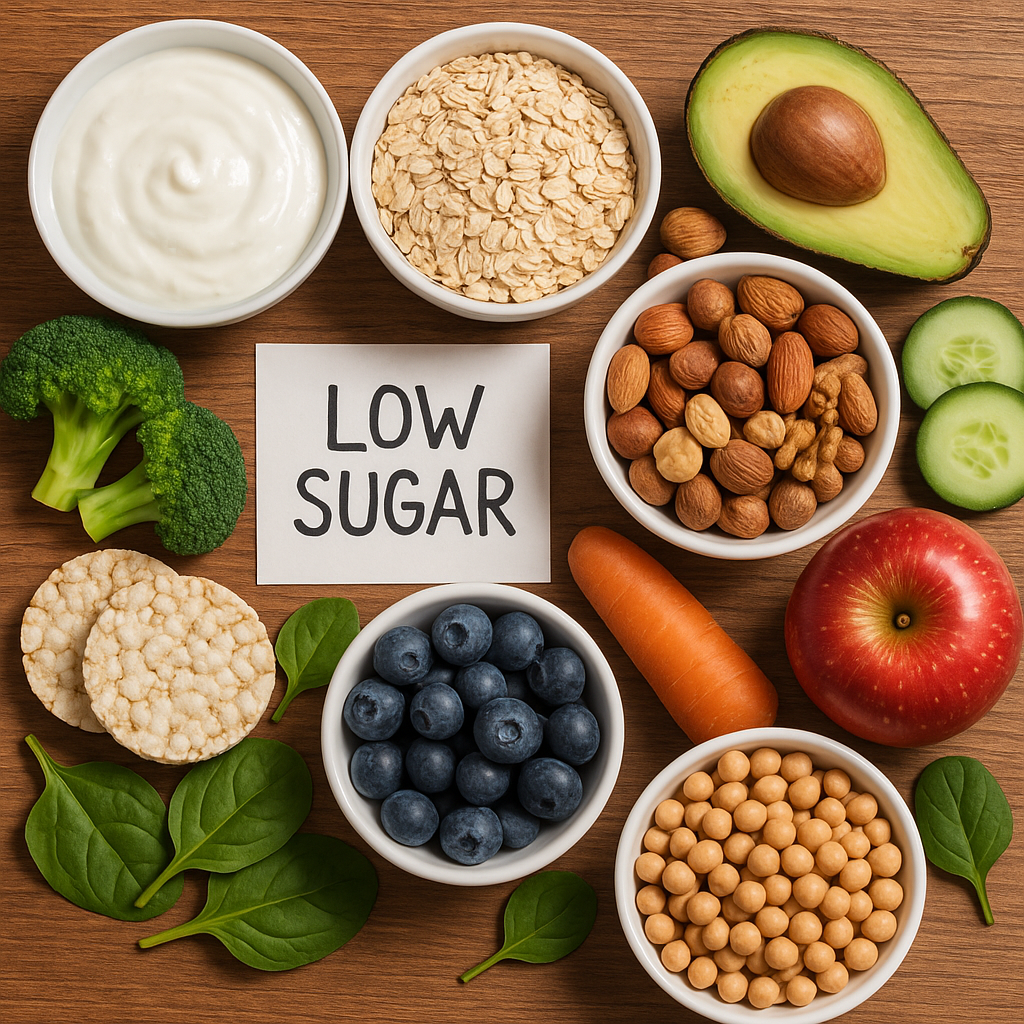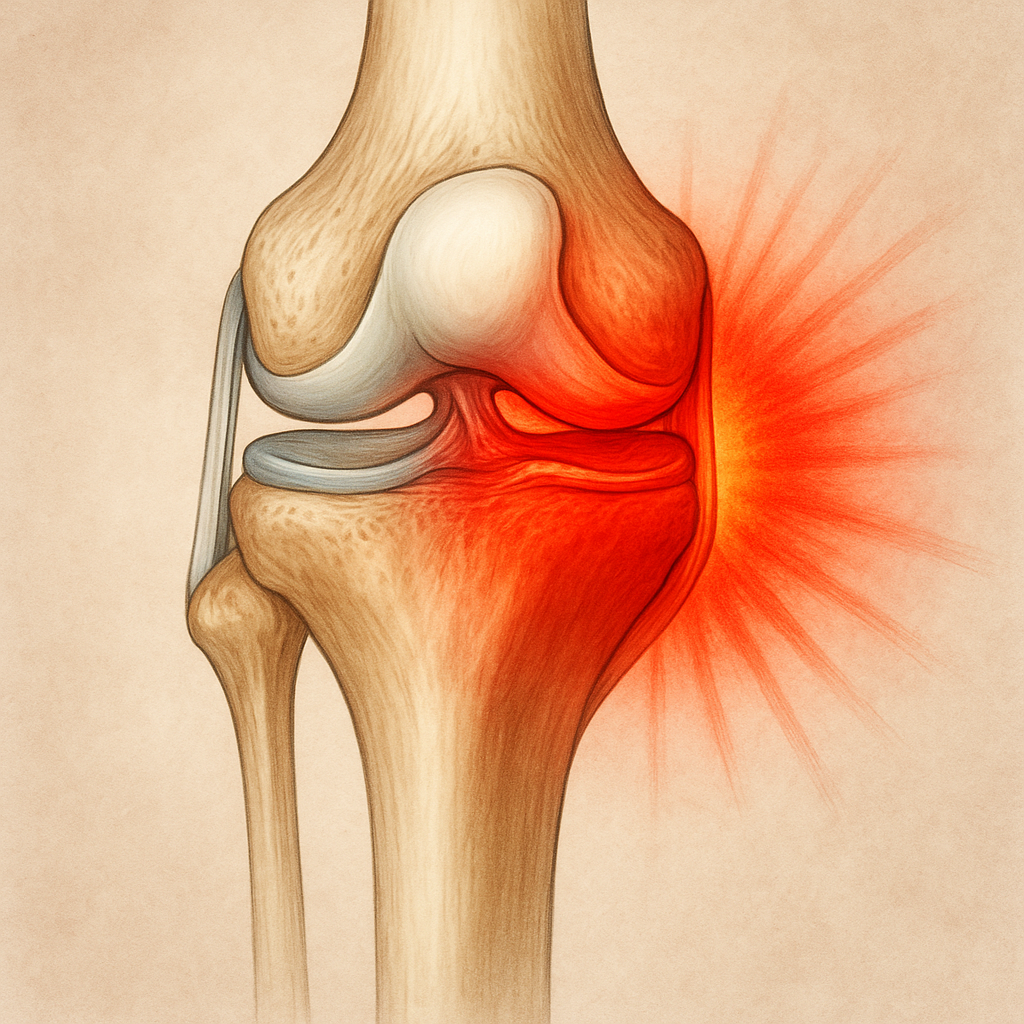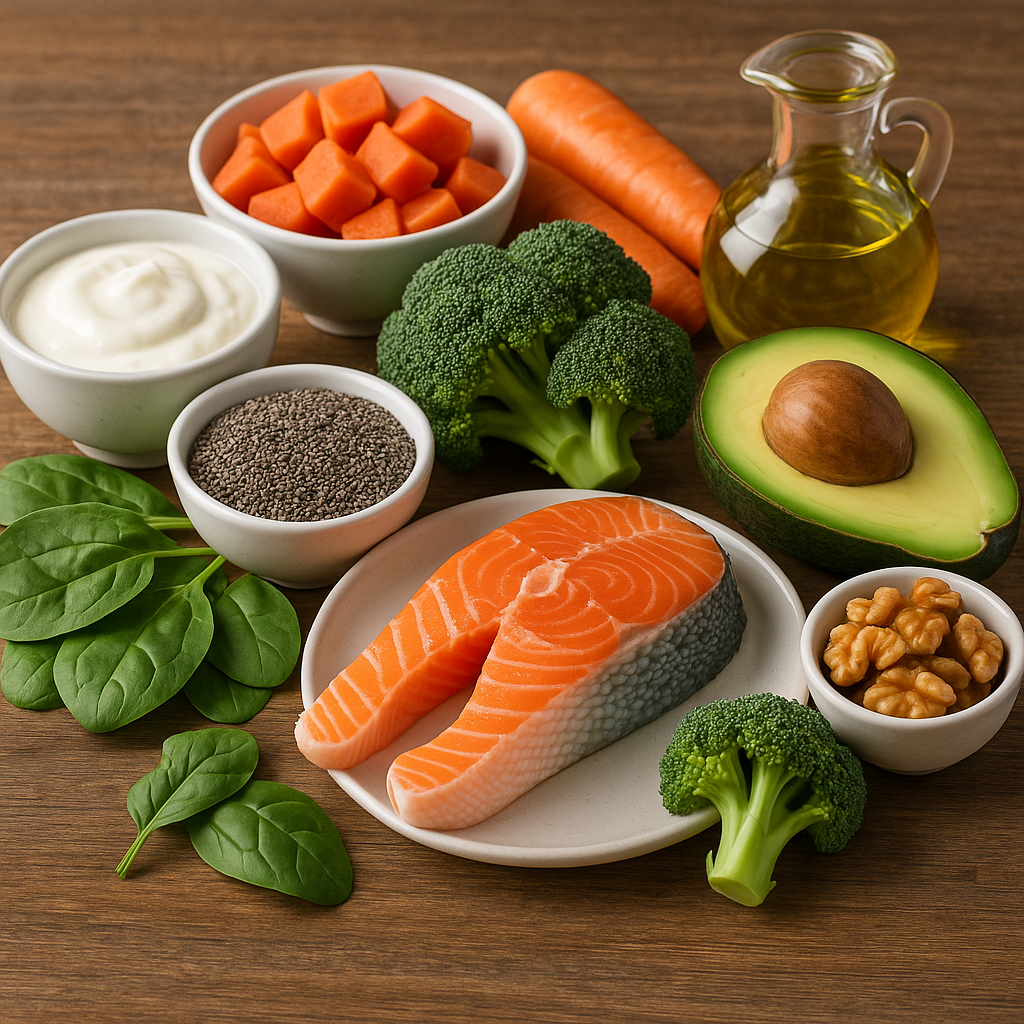Spirulina is a blue-green algae considered one of nature’s complete superfoods, with an exceptional concentration of protein, vitamins, minerals, antioxidants and essential amino acids, and significant anti-inflammatory and immune-boosting properties.
Potential benefits for immune function, how long to take, possible side effects and contraindications, quality considerations when purchasing supplements, and methods for incorporating this superfood into your daily diet are discussed in this article.
In short
- Spirulina is beneficial for gut health, the immune system, and cardiovascular health, as well as providing antioxidant protection.
- Most people can safely take spirulina for 15 days to 6 weeks for prevention or up to 3 months for weight management.
- Possible side effects include risk of contamination, adverse immune reactions, and possible drug interactions.
- Spirulina has an earthy, seaweed-like flavor with mineral notes that varies between green and blue varieties.
- Properly selected spirulina can be safe during pregnancy, and it can increase hemoglobin levels more effectively than traditional iron supplements.
Benefits
Spirulina may improve gut health, boost immune function, provide antioxidant protection, support cardiovascular health, and potentially inhibit cancer growth.
Spirulina may promote probiotic growth and support vitamin B6 production, while also possessing prebiotic properties that may nourish beneficial gut bacteria. The immune-boosting properties may be due to increased macrophage activity and enhanced white blood cell production.
Significant antioxidants, particularly phycocyanin, may neutralize free radicals and reduce inflammation by inhibiting COX-2. Studies suggest that spirulina may have cardiovascular benefits, including potential reductions in blood pressure, blood cholesterol, and endothelial protection, which may reduce cardiovascular mortality by up to 50%.
Preliminary studies suggest that this dietary supplement may have cancer-preventive properties by inhibiting tumor growth, promoting apoptosis, and protecting against DNA damage. However, individual results may vary, so consult your doctor before taking this supplement.
It is recommended to take 1 to 3 grams, and up to 10 grams for certain health goals. It is important to drink water when taking this supplement to ensure proper absorption.
How long can you take spirulina?
Spirulina can be safely taken for short periods of time, from 15 days to 6 weeks for preventive purposes, or up to 3 months for weight management purposes. Some clinical studies have followed spirulina supplements for up to 12 months with proper supervision, suggesting that they can be taken for longer periods.
A 15-day regimen may be appropriate for specific health goals, while general wellness protocols may last up to 6 weeks. Weight management programs can be safely continued for approximately 3 months.
It is essential to consult a physician before beginning any supplement regimen, especially one that is longer than these time frames. This consultation may be especially important for pregnant or breastfeeding women, as these conditions may be contraindicated due to potential concerns about exposure to contaminants.
The quality of the supplement source can have a significant impact on safety at any time point. It is important to drink water when taking this supplement to support proper assimilation and avoid dehydration.
Dosage may vary depending on individual needs and health goals, so consult your doctor or personal trainer before taking any supplements.
Potential Side Effects
Potential side effects of spirulina supplements may include contamination with heavy metals, bacterial toxins, and neurotoxic compounds such as BMAA. These quality control issues have been identified in commercial products in various studies.
Spirulina may cause adverse immune reactions in individuals with autoimmune diseases and may counteract immunosuppressive medications. Those taking blood thinners or those with bleeding disorders may need to be cautious due to the potential anticoagulant properties of spirulina.
Diabetic patients taking spirulina may experience low blood glucose levels, which can lead to dangerous hypoglycemia when taking diabetes medications. Regular monitoring may be necessary.
The most common side effect may be digestive discomfort, and long-term use of contaminated products may impair liver function or cause neurological problems.
Dosage may vary from person to person, so consult a doctor or personal trainer before taking any dietary supplement. It is important to drink water when taking supplements to maintain proper hydration.
What does spirulina taste like?
Spirulina tastes like a combination of earthy, grassy notes with an oceanic, seaweed-like flavor and a mineral saltiness.
Spirulina can have a slight bitter or sulfur flavor, especially in lower-quality products. Different varieties can have different flavor profiles – green spirulina can have a stronger profile, reminiscent of lake water with earthy undertones, while blue spirulina can have a milder flavor that is less noticeable when added to foods.
The form of spirulina can also affect the intensity of the flavor – powders can provide a stronger flavor than capsules. For those who find the taste too strong, spirulina can be masked by combining it with citrus juice, sweet fruits like bananas or berries, or by including it in recipes where other flavors may dominate.
Drinking water with spirulina can help reduce any aftertaste. If you are sensitive to strong flavors, consult your doctor before including spirulina in your diet, as dosage may vary from person to person.
Where to buy spirulina?
Our selection of spirulina:
Is spirulina safe during pregnancy?
Spirulina may be safe during pregnancy if properly selected and taken under the supervision of a doctor. Quality-tested spirulina can increase hemoglobin levels by approximately 3.19 g/dl, potentially outperforming traditional iron supplements.
A daily dose of 1,500 mg during pregnancy for at least 8 weeks can provide hematopoietic nutrients important for maternal and fetal development. Efficacy may be greatest when started in the third trimester, and benefits may continue into breastfeeding.
Spirulina not only reduces anemia, but may also reduce oxidative stress and improve breast milk quality. Its multi-element profile may be superior to single-element supplements. However, using unregulated products may pose a risk of contamination.
It is important to choose organic, quality-controlled sources and consult your doctor before taking spirulina during pregnancy. It is important to drink plenty of water while taking this supplement. Dosage may vary from person to person, so consult your doctor before taking any supplements during pregnancy.
How to incorporate spirulina into your daily diet?
Spirulina can be incorporated into your daily diet in a variety of ways, such as mixing it into food, oatmeal, or yogurt. Individuals may add the powder to their morning smoothies, oatmeal, or yogurt, as this is common. Some may choose to take it in tablets or capsules with meals for convenience.
Others may add it to recipes such as energy bars, soups, or salad dressings. Dosage may vary from person to person, so always consult your doctor or personal trainer before taking any supplements.
Can children safely take spirulina supplements?
Children can safely take spirulina supplements as long as they are under proper medical supervision. Safe doses for children under 18 years of age have not been established, so it is important to consult a doctor before taking them.
Some data may show benefits in malnourished children in clinical settings, but parents should start with minimal amounts if approved by a doctor. To reduce the risk of contamination, products sourced from Europe that have been tested by a third party are preferable.
As for dosage, it may vary depending on the individual child, so always consult a doctor before giving any supplements. Children with phenylketonuria (PKU) should avoid spirulina due to its high phenylalanine content.
It is important to consider the following important factors: age, weight in kilograms, existing medical conditions, and possible allergic reactions.
Does spirulina interact with medications?
Yes, spirulina can interact with several medications. It may interact with immunosuppressive drugs by stimulating the immune system, which may have implications for the treatment of autoimmune diseases or transplant recipients.
Spirulina may alter the effectiveness of blood thinners, which may increase the risk of bleeding. When taken with diabetes medications, spirulina may affect blood glucose control. Due to insufficient clinical data on this interaction, it is strongly recommended to consult a doctor before combining spirulina with any medications.
What is the difference between powder and tablet forms?
The main difference between powder and tablet forms is their absorption rate, convenience, dosage flexibility, and storage requirements. Powder forms may have a faster absorption rate due to the larger surface area exposed to digestive enzymes, while tablets may be more convenient due to their pre-measured dosage and better portability.
Powders can be flexibly dosed and mixed into a variety of foods and beverages, but careful measuring and airtight storage may be required. Tablets can generally be stored for longer periods due to protective coatings and lower moisture content, making them more resistant to degradation during shipping and storage.









